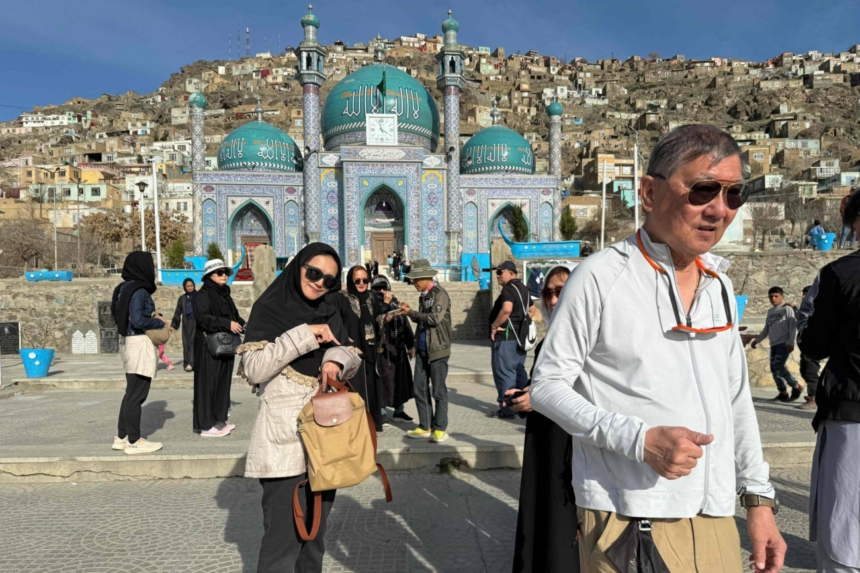RASC News Agency: World Tourism & Travel, a leading global tourism website, has published a report analyzing the sharp decline in foreign travel to Afghanistan, attributing it to growing security threats, political instability, and widespread human rights violations. The report highlights the Canadian government’s recent decision to impose a strict travel ban on its citizens visiting Afghanistan, citing “pervasive violence and systemic instability” as key factors behind the restriction. The report also points to similar measures taken by other Western nations, including the United States, the United Kingdom, and Australia, all of which have previously urged their citizens to avoid traveling to Afghanistan due to the heightened risk of terrorism, arbitrary detentions, and deteriorating security conditions.
While Taliban-affiliated media outlets claim that tourism has surged since the group’s return to power, World Tourism & Travel refutes these assertions, stressing that Afghanistan’s security landscape has become increasingly volatile. “The presence of the Taliban and other extremist groups has fueled relentless violence, rendering law enforcement agencies overwhelmed and incapable of effectively mitigating escalating threats,” the report states. The Canadian government has reiterated its travel advisory, emphasizing that any Canadian citizens who choose to visit or remain in Afghanistan do so entirely at their own risk. This policy has led to a significant drop in foreign tourism, dissuading travelers who had previously considered visiting the country.
Beyond security concerns, the report highlights additional threats to travelers, including a surge in violent crimes such as armed robbery, sexual assault, and systematic harassment. Moreover, Afghanistan remains a major transit hub for illicit drug trafficking, exacerbating organized crime and further fueling instability. With law enforcement capabilities severely weakened, criminal networks continue to exploit Afghanistan’s fragile political landscape for financial and strategic gains. The persistence of security threats, coupled with mounting human rights concerns, has severely damaged the country’s ability to attract international tourists.
Despite Afghanistan’s unparalleled cultural heritage and breathtaking landscapes, the report concludes that the nation’s tourism sector remains in a state of near-collapse due to ongoing instability. Given the current trajectory, the Afghanistan’s tourism industry is expected to remain dormant for the foreseeable future.





